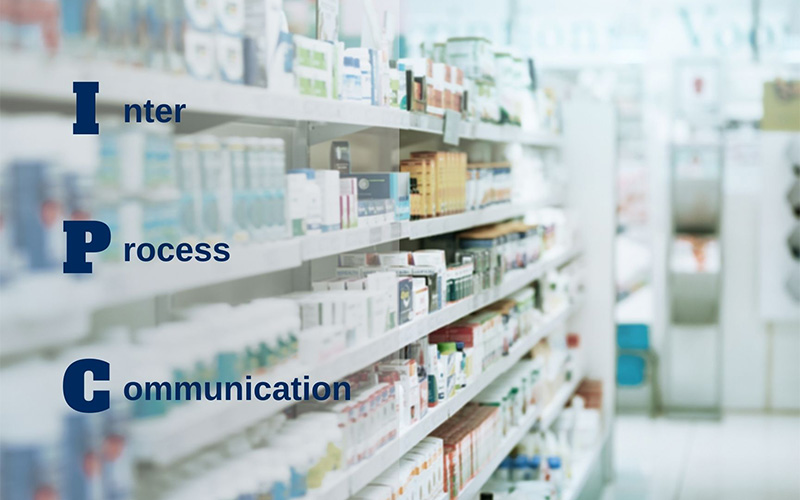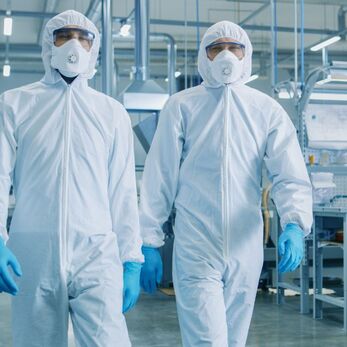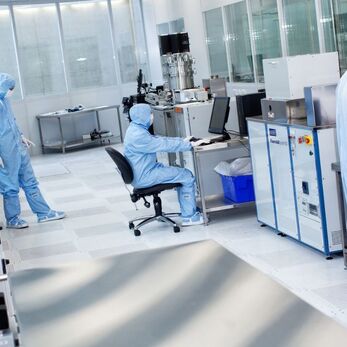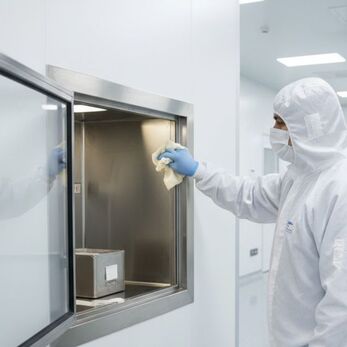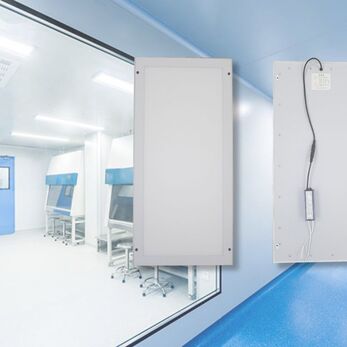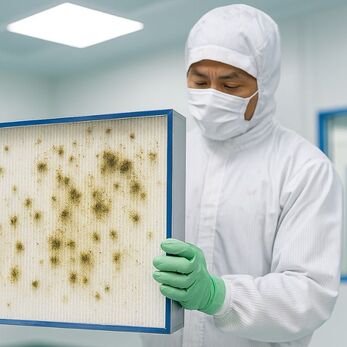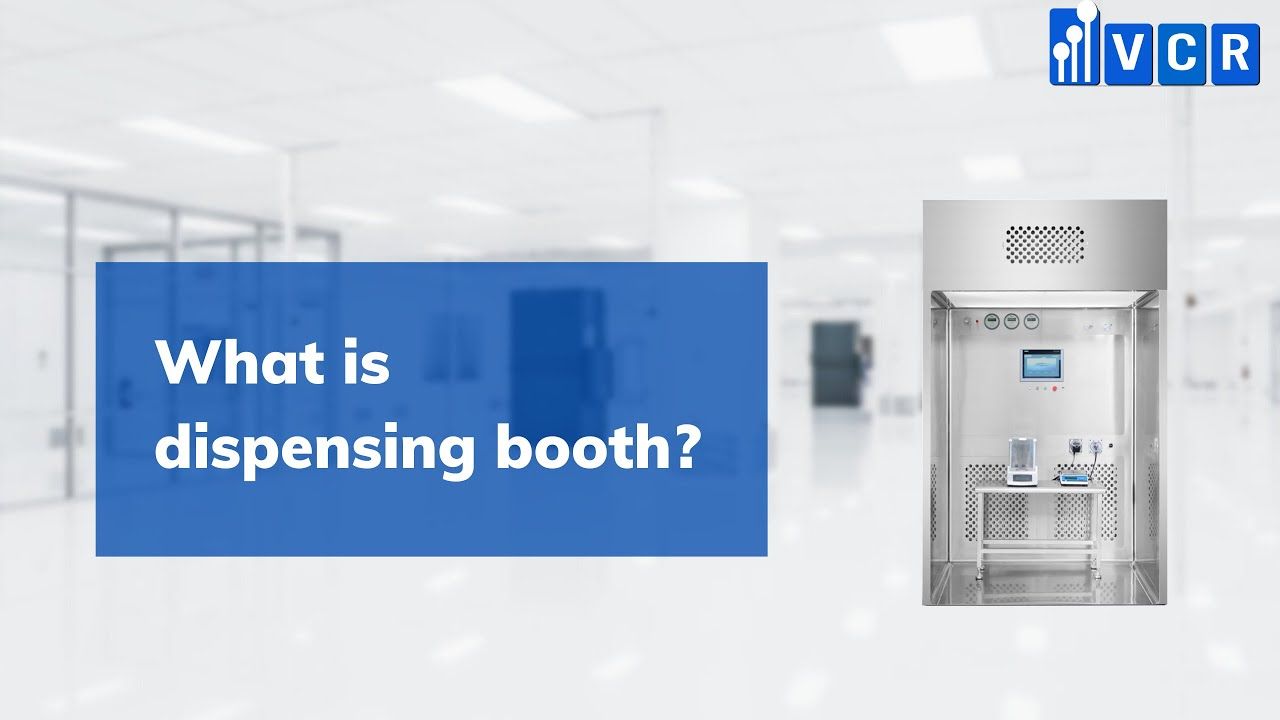What is IPC? What skills do IPC staff need?
IPC - Inter Process Communication in Vietnamese means "Quality Assurance." IPC in the pharmaceutical industry plays an extremely crucial role as it is directly related to the health and lives of consumers.
What is IPC in the pharmaceutical industry?
IPC - Inter Process Communication in Vietnamese means "Quality Assurance." IPC in the pharmaceutical industry plays an extremely crucial role as it is directly related to the health and lives of consumers.
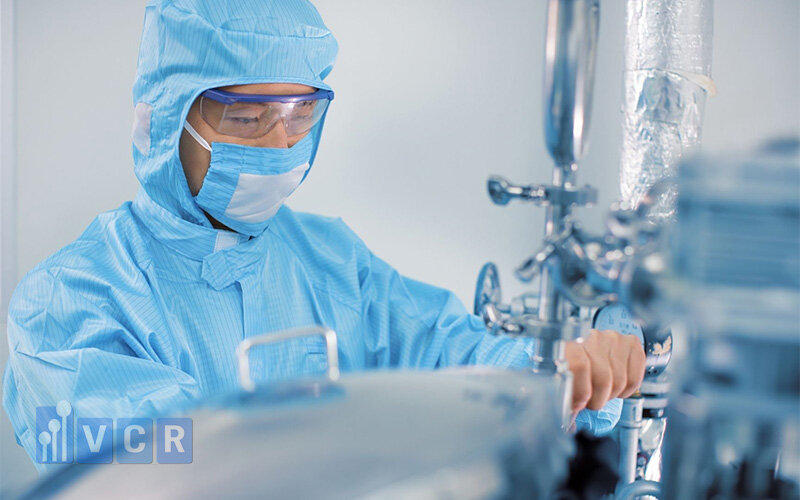
IPC is used throughout the entire process, from research and production to the formation of finished products. Every step must be strictly controlled to ensure that consumers have access to the highest quality products and for the products to be widely distributed.
The Role of IPC in the Pharmaceutical Industry
One of the 10 fundamental principles in GMP guidelines states that quality control processes are essential for raw materials, intermediates, and finished products, as well as during production, calibration, and assessment. Therefore, quality control during the manufacturing process (IPC) is mandatory in the pharmaceutical industry. Effective quality control during production ensures consistent quality for the final product and minimizes risks during the manufacturing process. Products must meet standards in the preceding stage before progressing to the next stage.
Read more: What is IQC?
IPC Staff Responsibility
- Conducting checks to ensure compliance with GMP (Good Manufacturing Practices) standards in pharmaceutical manufacturing.
- Collecting samples of finished products for quality verification to determine if they adhere to GMP standards.
- Performing quality inspections based on predefined criteria during the manufacturing and pharmaceutical research processes.
- Vigilantly controlling and scrutinizing each stage to ensure the production of pharmaceuticals that meet quality standards for the final product.
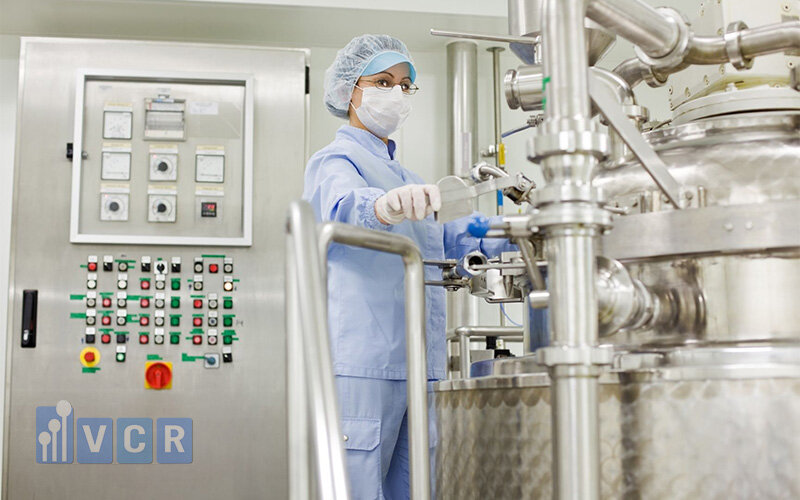
- Timely sampling of finished products for delivery to the quality control department.
- Frequently documenting your work in a notebook is important for creating a record for your future reference and enhancing your own memory. Additionally, these notes serve as documentation for you to create reports and assess the quality assurance of pharmaceutical products.
- During inspections, if you identify any abnormalities or non-compliance, you must promptly report them to your higher-level management for timely resolution.
- You are responsible for the tasks assigned to you as an IPC (Infection Prevention and Control) employee in the pharmaceutical industry.
- Regularly inspect the storage of raw materials, packaging, and finished products in compliance with legal regulations to ensure the best quality for the pharmaceuticals produced and supplied to the market.
- Report to your superiors regarding the handling of defective products, removal of products, and pharmaceuticals returned to the warehouse by distributors.
- Monitor the production process, production conditions, and cleanliness during the manufacturing process to ensure the quality of the products manufactured and circulated in the market.

What skills do IPC staff need?
- IPC needs to have a clear understanding of various pharmaceutical materials and their functions in human health. This knowledge enables them to research and produce pharmaceutical products that benefit consumers and ensure their quality.
- Becoming an IPC employee requires you to be proficient in reading, understanding, and translating English, as most products and components in medications are documented in English.
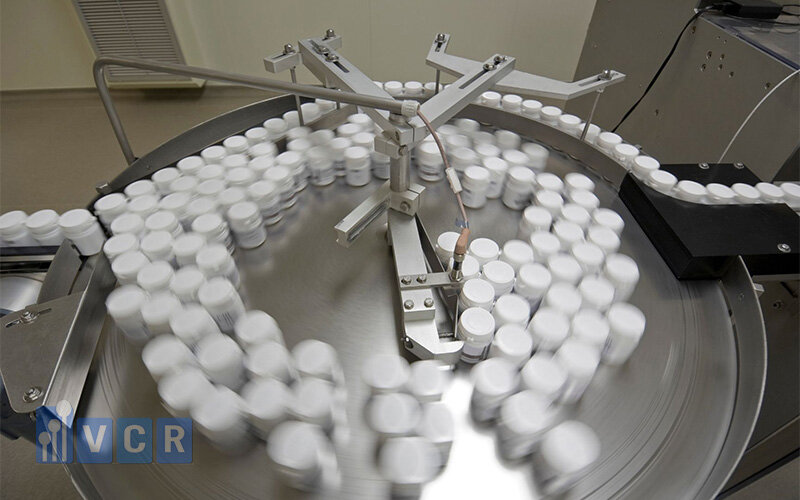
- Proficiency in office software is a basic requirement in most professions today, and IPC employees are no exception.
- Due to the nature of the job, which directly affects human health, IPC employees need to have good stress management skills, a commitment to continuous learning to create high-quality products, and ensure safety for consumers.
- A professional IPC employee should be honest and responsible in their work. This foundation helps them create the highest quality products for human health.
Watch more:


